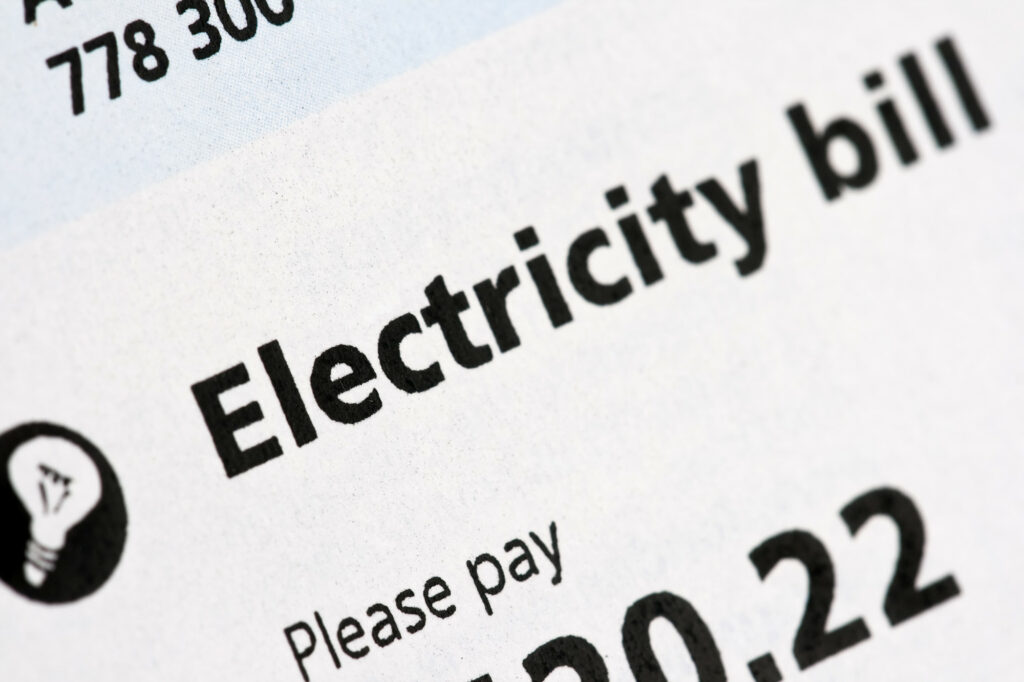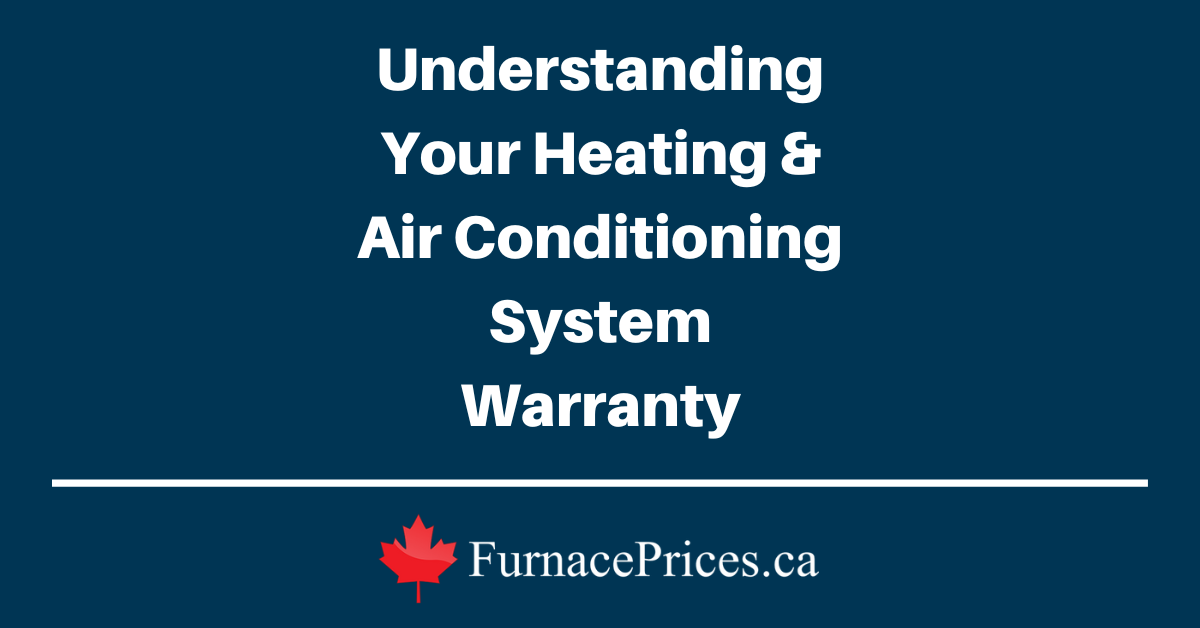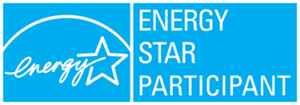
1. Get a Smart Thermostat
2. Lower Your Thermostat at Night During the Winter
3. Raise Your Thermostat During the Day in the Summertime
4. Adjust Your Thermostat When You’re Not Home
5. Use Fans Instead of Air Conditioning
Get Quotes
How soon are you looking to buy?*



6. Open and Close Your Blinds/Drapes Strategically
7. Check and Change the Air Filter Often
8. Have Your HVAC System Serviced
9. Replace Your HVAC System
10. Seal Your Windows and Doors
Lower Your Heating and AC Bill Today
Get Quotes
How soon are you looking to buy?*











